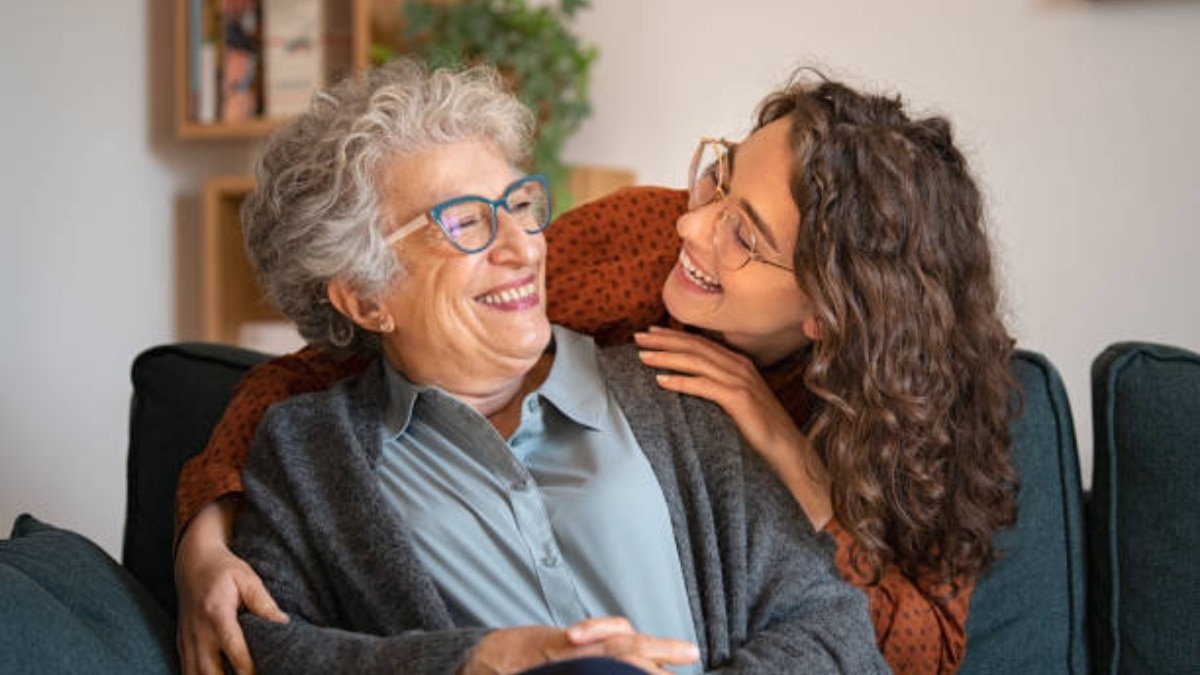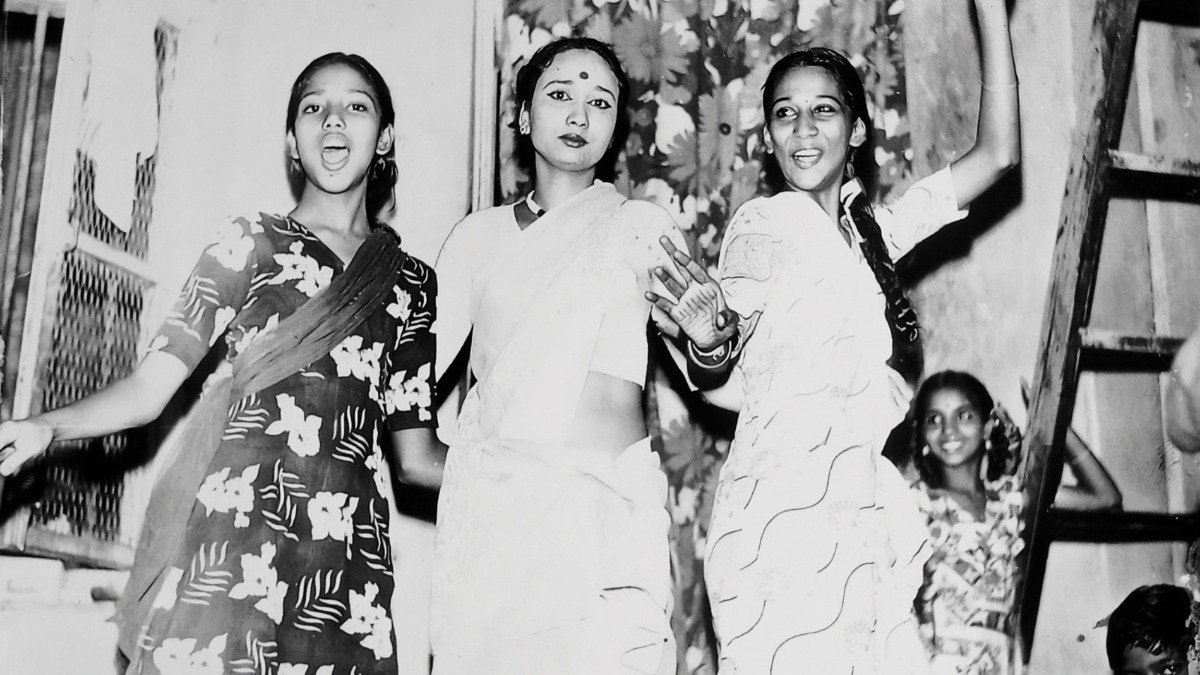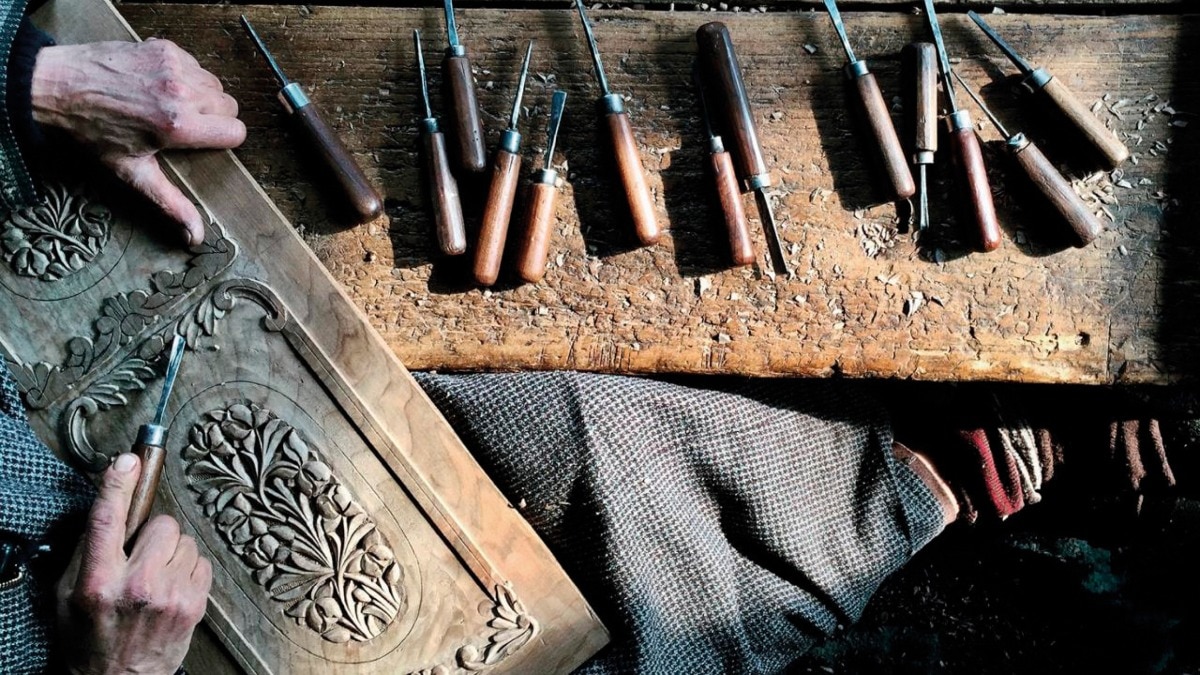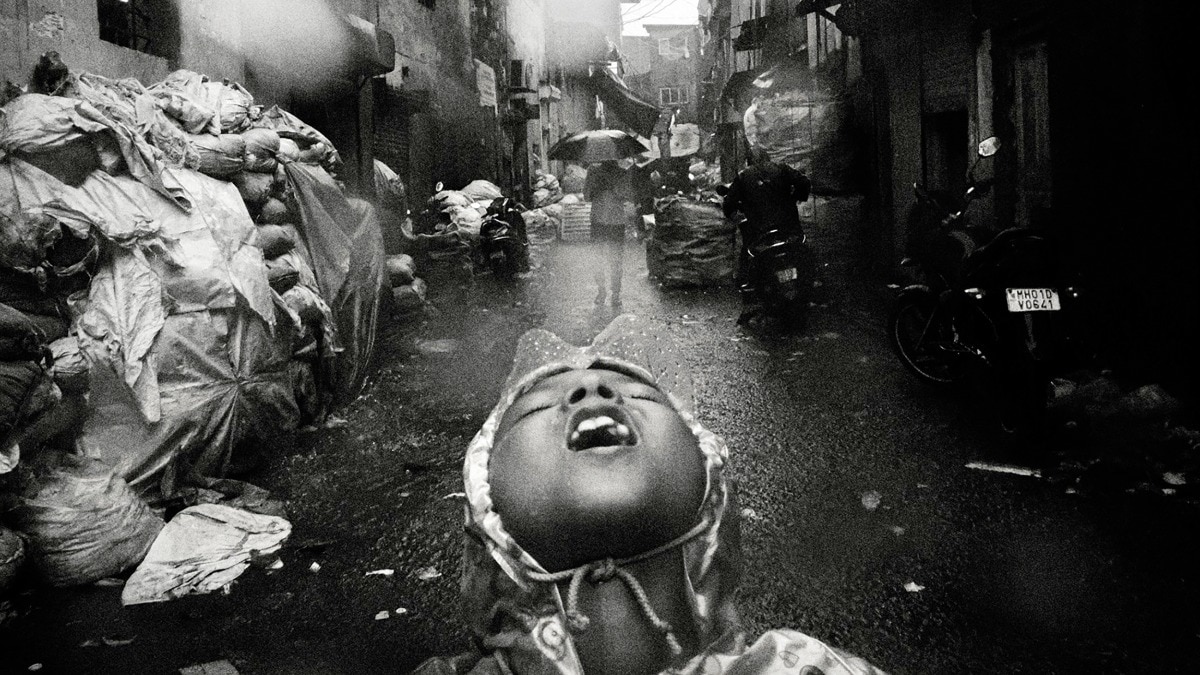
Para athlete Aruna Singh Tanwar shares how taekwondo changed her perception about her body
The August Bazaar cover girl has defied societal and personal limitations to become a determined and positive individual, who believes she is the best.


"She is intense, high on energy, and game for every pose," said my colleague who was at this cover shoot when I asked them about Aruna Singh Tanwar. Days later when I was about to get on a call with the 24-year-old taekwondo player and India’s medal hope in the upcoming Paralympics in Paris, the millennial in me was mentally preparing (and secretly hoping that the caffeine in my system would give me the right kick) herself for a sprightly conversation with a Gen Z. But little did I know that the person I would speak with would pleasantly surprise me with her calmness and clarity—both in her thoughts and words.
Tanwar’s maturity is almost precocious, one can say. “Life has taught me so much—the experiences, the taunts, and the unkind statements people used to make about me. All of this has made me overtly mature for my age,” agrees Tanwar.

Eldest of three siblings, Tanwar has been a bundle of energy, always on the move, and constantly seeking out new adventures from an early age. However, growing up with a disability, particularly in rural India, has its own set of challenges. Societal attitudes were often less than supportive, recalls Tanwar who hails from Haryana’s Bhiwani district. But her family was her rock. Her parents and siblings have always encouraged her to pursue her dreams, no matter how unattainable they might have seemed. “They (younger brothers) always treated me like a brother. My parents always encouraged me to be independent. They never allowed me to feel lesser in any sense.”
Tanwar was born with deformities in both her hands. For many, this would have been a devastating blow, but for Tanwar, it was the beginning of a journey that would define her life. This year’s Paralympics will be her second consecutive outing. In 2021, she became the first-ever Indian taekwondo athlete to qualify for the Paralympics. Last year, she became the first Indian taekwondo athlete to win a medal at the Asian Para Games.
“I’m expecting a medal since last time I missed out on one due to my injuries in the quarterfinals. This time I’m highly motivated since there will be live audience too,” says Tanwar who is currently training in Lucknow for the Paralympics while tackling a hamstring injury. Her determination shines through as she charts her daily routine to me. Even with her injury, Tanwar starts her day at 5:00 a.m. with a three-hour training session. This is followed by an hour’s rest, physiotherapy sessions, and then more training. “I have to recover as early as possible,” pat comes her reply as I express my awe at her routine.
Determination is probably Tanwar’s middle name. How else can one explain why she was participating and winning in the general category up until 2017. “I used to feel tremendous joy while fighting tough competitors. It made me feel strong,” says Tanwar, adding that she was not even aware of para-sports till that time. “My senior, Parwinder Brar, along with my paternal uncle motivated me to try for Paralympics. I cleared the state trials and then the nationals happened in Shimla in 2017. That’s when I got selected for the Asian championship in Vietnam in 2018.”
Vietnam happened almost 10 years after Tanwar started playing taekwondo. In fact, her introduction to the sport happened quite by accident. “I think I was in sixth grade when I started playing. There was no reason as such, it just came naturally to me and became a passion,” recalls Tanwar. She was around 10-years old when Tanwar was introduced to the martial arts trainers in her school. Mesmerised by the fluid movements, the precision, and the power behind each kick and punch, she felt an instant connection with taekwondo. Despite her physical limitations, Tanwar was determined to give it a try.
Discipline and perseverance are key in taekwondo, she explains. She had both but had to find her own way of doing things. “It wasn’t about fitting into the mould but creating my own path.” Gradually, Tanwar developed a distinctive fighting style, using her legs more than her hands, leveraging her lower body strength.
Tanwar says training in taekwondo transformed her relationship with her body. “Ever since I can remember, I used to wonder why was I made differently than others,” she says. But what once seemed like a limitation became her source of strength and she credits her sport for that entirely. “My hands are different, but they are mine. They make me who I am. Taekwondo helped me see that my body, with all its uniqueness, is powerful. Now I feel whatever I am today is because of my body. I’ve learned to love my body for what it can do, not resent it for what it can’t,” says Tanwar.
Currently ranked world number 4, Tanwar’s hard work and dedication has surely paid off. She began to compete in local tournaments, often facing opponents who underestimated her abilities. But time and again, she proved them wrong, winning match after match. Tanwar says her most memorable win has to be the first international one on May 28, 2018. “It was also my birthday,” she grins. “I was competing against the world champion and gave her a tough competition. That win felt exceptionally good.” This victory was a moment of validation for all the years of hard work and sacrifice. But Tanwar was not content and had her sight set on the ultimate prize: the Paralympic Games. “From eight-yearold Aruna to 24-year-old Aruna, the goal has always been the same—I have always dreamt about being an Olympian and win medals for my country.”
But the journey to the Paralympics was fraught with challenges, says Tanwar. “I have struggled a lot. I had to hear things like ‘oh, she is a girl, and that too disabled. If she plays taekwondo, what if something happens that leaves her in a state where she can’t do anything at all’. People have looked at me in a pitiful manner, and that I have always despised the most. The people, who were against me back in the day, now look at my calibre instead of looking at my hands,” she says proudly. “When I started to win back-to-back medals, the mentality of the society at large also changed.”
Despite these obstacles, her resolve never faltered. “I like to believe I’m the best. If I keep thinking about my problems, I would never be able to come to any solution,” she says. But Tanwar is well aware of the biases against female athletes the world over. As a female para athlete, Tanwar represents a unique intersection between gender and disability. Female athletes have often been viewed through a lens of inferiority compared to their male counterparts. When disability is added to the equation, these athletes contend with an additional layer of prejudice. But, Tanwar says when the aim is big, motivation comes automatically. “You don’t have to prove anything to anyone, but in today’s society it is very important for a woman to be not dependent on anybody.”
As our conversation meanders towards media representation, sporting infrastructure, and resources in our country, Tanwar expresses her desire to garner adequate attention to parasports. “I hope that para-sports get the equal attention and importance as men’s cricket in India. Ever since the Tokyo event, there have been some significant changes,” she admits, but adds that it is still not enough. “We would just appreciate equality in the sense that we should also be given the same respect and importance as every other Olympian.”
Come August 28, athletes from around the world, each with their own remarkable story, will gather at the Paralympic arena. Among them will stand Tanwar—a figure of sheer tenacity, a woman whose journey to this point has been marked by unimaginable challenges and breathtaking triumphs. “Taekwondo didn’t just teach me to fight.It taught me to believe in myself, no matter what,” she says with a smile. Whether or not Tanwar wins a medal, she is already a winner in the game of life.
Editor: Rasna Bhasin (@rasnabhasin)
Digital Editor: Sonal Ved (@sonalved)
Photographer: Nishanth Radhakrishnan (@nishanth.radhakrishnan), Feat. Artists (@featartists)
Stylist: Samar Rajput (@samar.rajput05)
Cover Design: Mandeep Khokhar (@mandy_khokhar19)
Editorial Coordinator: Shalini Kanojia (@shalinikanojia)
Hair Artist: Daksh Nidhi (@dakshhnidhi)
Make-up Artist: Sandhya Shekar (@sandhyashekar)
Assistant Stylist: First assistant, Rupangi Grover (@rupangigrover); Second assistants: Nida Shaikh and Michelle Lobo
Production Assistant: Riya Kala (@riya_kala)
Location Courtesy: æquō Gallery (@__aequo__)
Aruna is wearing bodysuit, Adidas (@adidasindia); jacket, Rishta by Arjun Saluja (@rishtabyarjunsaluja); loafers, Gucci (@gucci); brooch, House of Umrao (@house_of_umrao)










